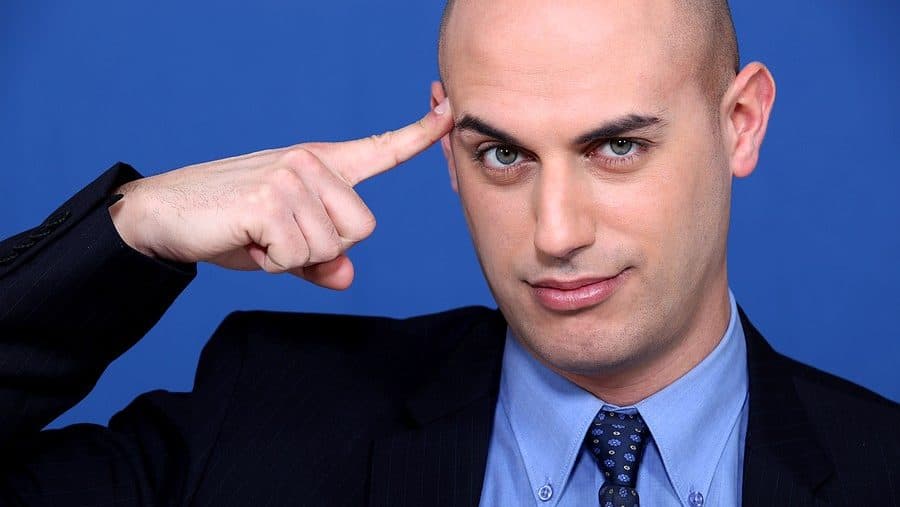Research shows that an overwhelming majority (89%) of hiring failures are the result of having the wrong or bad attitudes and not a lack of technical skills. But did you know that the attitude most frequently cited as a cause of mishires is a lack of coachability?
The most basic type of coachability is the ability to accept and implement feedback from bosses, colleagues, customers, and others. Going deeper, people with high coachability tend to have high levels of “critical self-awareness,” which is simply the ability to look critically at their own performance and see as many, if not more, flaws than anyone else would detect.
If someone can’t fathom what they possibly could have done differently to make things better (even if things were already fantastic), then this person’s potential for improvement will be severely constrained.
Coachability also involves the ability to anticipate feedback. It’s one thing to accept feedback when someone criticizes us; it’s quite another to know that we made a mistake and then anticipate the criticism we’re likely to receive. If someone has critical self-awareness and can anticipate feedback, they’re virtually assured of significant learning and growth.
Unfortunately, we know from recent employee-engagement research shows that only 35% of employees say that they’re always learning something new at work, so coachability isn’t quite as common as we’d like.
Its rarity notwithstanding, few employee characteristics are as universally desirable as coachability. But how can you detect it in a job interview?
When searching for glimmers of coachability, your primary task is to search for evidence of critical self-awareness and growth. Did a candidate discuss what they learned from a mistake? Did they share how they’ve fundamentally changed and grown? Did they discuss what they’ve been learning?
It sounds simple enough, but there’s a catch: So many interviewers have been trained to listen for outcomes that they miss the growth steps along the way. For example, countless interviewers are familiar with the STAR (Situation, Task, Action, Result) method.
The STAR approach directs interviewers to listen for tangible results and specific actions, often leading interviewers to overlook deeper, more introspective aspects, like a candidate’s coachability, self-awareness, and growth potential. This method’s structured focus on situational storytelling and concrete results tends to spotlight a candidate’s immediate problem-solving skills and ability to achieve goals, but it doesn’t necessarily reveal how they adapt to feedback, their willingness to learn and evolve, or their capacity for critical self-reflection.
Additionally, this can inadvertently sideline a holistic view of a candidate’s professional journey, including their responses to challenges, learning experiences from failures or setbacks, and their personal and professional development strides.
Take this candidate’s answer to the question, “Tell me about a time you received tough feedback from your boss.”
“I had been given an assignment to do a quick demo for a senior boss. The instruction I received was unclear, but I assumed I knew what the topic was and prepared a broad and technical presentation. This was not the presentation the director wanted. He gave me some tough feedback that clarified what he wanted to see. I realized my failings: One, I didn’t ask for clarification. Two, I didn’t ask the advice of my team. I took those lessons to heart and changed my behavior. I was given the opportunity to do the presentation again. This time, I prepared the correct information and rehearsed and got feedback from my team members. I had a successful presentation and received positive feedback from the director and team.”
This response puts less emphasis on specific actions and results, but the answer really highlights the candidate’s coachability. When they say, “I realized my failings: One, I didn’t ask for clarification. Two, I didn’t ask the advice of my team. I took those lessons to heart,” they’re demonstrating a terrific ability to take and learn from feedback. And that’s a characteristic nearly every leader would want to see from everyone on their team.
It’s not that you shouldn’t care about the extent to which a candidate took smart actions and achieved positive results. It’s that you should listen for the extent to which the candidate has demonstrated the capacity to grow, accept and anticipate feedback, and self-reflect. Historic high performance is great, but the ability to continually grow and develop is even better.
